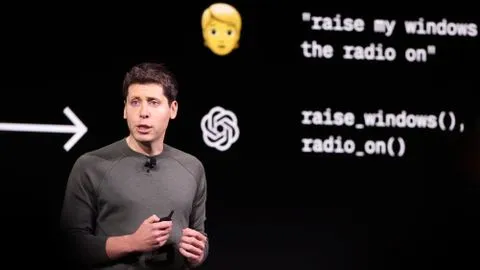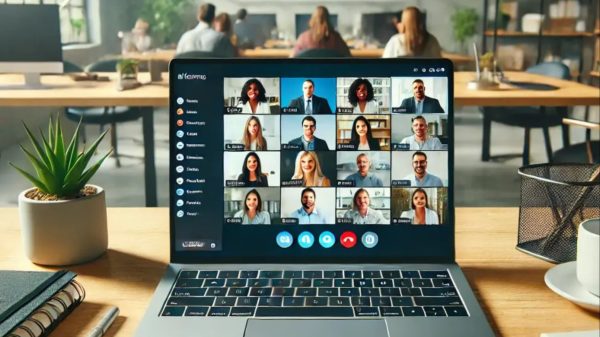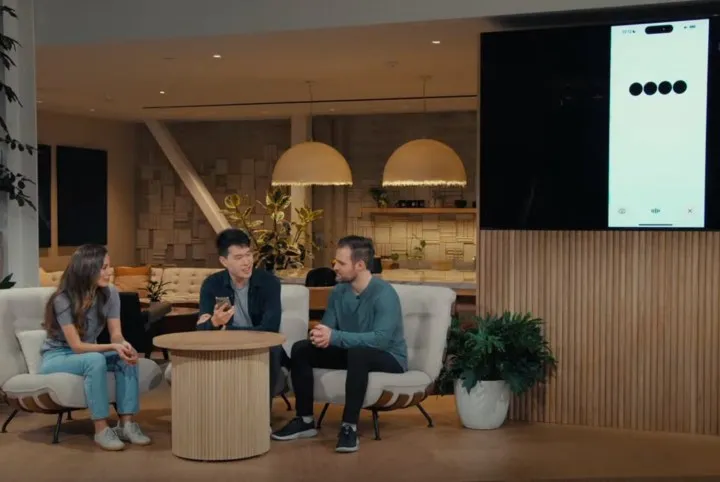The technological advancements in voice cloning have been remarkable in recent years, with the time required to clone someone’s voice shrinking significantly from minutes to mere seconds. OpenAI, a Microsoft-backed company, has developed its own voice-cloning technology, aptly named Voice Engine, since late 2022. Voice Engine requires a minimum of 15 seconds of spoken material to reproduce someone’s voice, and users can input text to create “emotive and realistic” speech that closely resembles the original speaker. This technology is capable of producing speech that is almost indistinguishable from the original, raising concerns about its potential misuse.
One of the concerns is the potential for criminals to clone a person’s voice and then call their friends or relatives, tricking them into sending cash via bank transfer. Additionally, there are concerns about how this technology might be used in the upcoming presidential election, as witnessed in a recent incident involving a robocall using a clone of President Joe Biden’s voice. Furthermore, there is a concern about the impact on the livelihoods of voice actors, who fear that they will be asked to sign over the rights to their voice, allowing AI to create a synthetic version, with compensation likely to be much lower than if the actor was asked to perform the job in person.
Despite these concerns, OpenAI presents a more optimistic perspective on the potential applications of this technology. For instance, Voice Engine could be used to provide reading assistance to non-readers and children using natural-sounding, emotive voices, representing a wider range of speakers than what’s possible with preset voices. Additionally, instant translation of videos and podcasts could be made possible, as Spotify is already trial-testing this technology. Voice Engine could also help patients who are gradually losing their voice due to illness to continue communicating using what sounds like their own voice.

Sam Altman CEO of OpenAI.
The technology has the potential to greatly improve communication and accessibility for individuals with disabilities. OpenAI has shared examples of AI-generated audio and reference audio on its website, showcasing the remarkable capabilities of Voice Engine. The company is, however, taking a cautious and informed approach to the broader release of this technology, aware of the potential risks and consequences. OpenAI has launched a dialogue on the responsible deployment of synthetic voices and how society can adapt to these new capabilities.
As the development of Voice Engine progresses, it will be essential for OpenAI and other companies working on similar technologies to prioritize responsible deployment and address the concerns raised about its potential misuse. By doing so, this technology can be used to improve lives and facilitate more effective communication, while also mitigating the risks and potential negative consequences of its use.








































